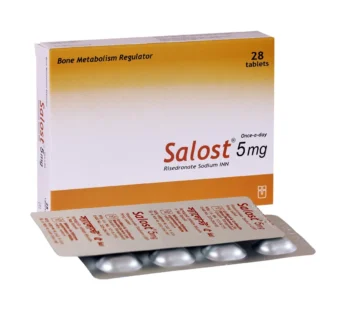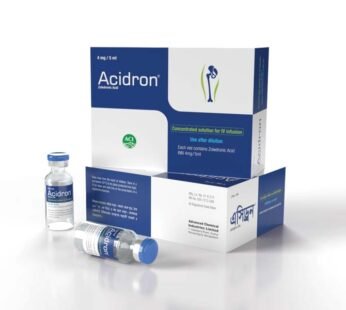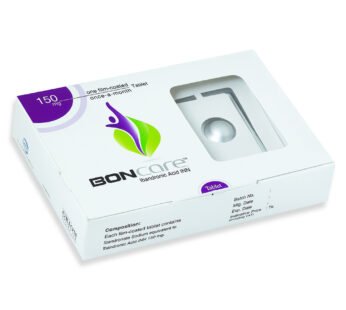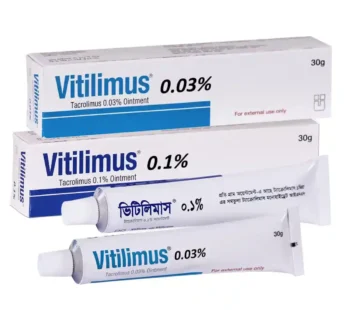DENVAR 400 MG
Description
Indications
Denvar 400 mg Capsule contains Cefixime, a third-generation cephalosporin antibiotic with strong bactericidal activity against Gram-positive and Gram-negative microorganisms. It is prescribed for treating the following infections caused by susceptible organisms:
-
Upper Respiratory Tract Infections (URTI):
-
Otitis media and other URTIs where resistance to commonly used antibiotics or treatment failure may pose significant risks.
-
-
Lower Respiratory Tract Infections (LRTI):
-
Bronchitis and other bacterial infections of the respiratory tract.
-
-
Urinary Tract Infections (UTI):
-
Conditions like cystitis, cystourethritis, and pyelonephritis.
-
Denvar is effective against organisms such as Streptococcus pneumoniae, Streptococcus pyogenes, Escherichia coli, Proteus mirabilis, Klebsiella spp., Haemophilus influenzae (both beta-lactamase positive and negative), Moraxella catarrhalis (both beta-lactamase positive and negative), and Enterobacter spp.
Pharmacology
Cefixime inhibits bacterial cell wall synthesis by binding to penicillin-binding proteins (PBPs). This interference prevents cell wall formation, leading to bacterial death. Cefixime is highly resistant to beta-lactamase enzymes, making it effective against many organisms resistant to penicillins. Its bioavailability is approximately 40%-50%, unaffected by food intake.
Dosage & Administration
-
Adults and Children Over 10 Years:
-
200-400 mg daily based on infection severity, either as a single dose or divided into two doses.
-
-
Elderly:
-
Same dosage as adults, with renal function assessment for dose adjustment in severe renal impairment.
-
-
Children:
-
8 mg/kg/day, administered as a single dose or in two divided doses.
-
Age-Specific Doses (Suspension):
-
6 months to 1 year: 3.75 ml daily.
-
1-4 years: 5 ml daily.
-
5-10 years: 10 ml daily.
-
-
In typhoid: 5 mg/kg twice daily for 10-14 days.
-
-
Renal Impairment:
-
Patients with creatinine clearance <20 ml/min: Maximum dose of 200 mg once daily.
-
Administration Instructions
-
Take with or without food.
-
Course duration: 7-14 days depending on infection severity.
Interactions
-
Anticoagulants: May prolong prothrombin time; caution with anticoagulant therapy.
-
Other Medications: No significant interactions noted with acetaminophen or contraceptive medications.
Contraindications
-
Hypersensitivity to cephalosporins or any component of the formulation.
Side Effects
-
Common:
-
Diarrhea, nausea, abdominal pain, vomiting, dyspepsia, flatulence.
-
-
Rare:
-
Pseudomembranous colitis, hypersensitivity reactions (rash, pruritus, urticaria), headache, dizziness.
-
-
Hematological:
-
Thrombocytopenia, leukopenia, eosinophilia.
-
-
Others:
-
Mild, transient changes in liver and renal function tests, genital pruritus, vaginitis.
-
Pregnancy & Lactation
-
Limited studies in pregnant women. Use only if clearly necessary.
-
Not known if excreted in human milk; exercise caution in breastfeeding mothers.
Precautions & Warnings
-
Use cautiously in patients with a history of drug allergies or penicillin hypersensitivity (due to possible cross-reactivity).
-
Monitor for signs of pseudomembranous colitis and discontinue if severe diarrhea occurs.
-
Exercise caution in renal impairment; dose adjustments may be necessary.
Overdose Management
-
Symptoms: Gastrointestinal disturbances, including nausea and diarrhea.
-
Treatment: Gastric lavage if necessary; symptomatic treatment for side effects. Denvar is not removed significantly by dialysis.
Therapeutic Class
-
Third-generation cephalosporins.
Storage Conditions
-
Store below 30°C in a cool, dry place, protected from light and moisture. Keep out of reach of children.
Quick Tips for Patients
-
Complete the full course even if symptoms improve early.
-
Take with food to reduce stomach upset.
-
Notify your doctor if side effects like severe diarrhea or rash occur.
-
Avoid alcohol during treatment to minimize side effects.












Reviews
There are no reviews yet.